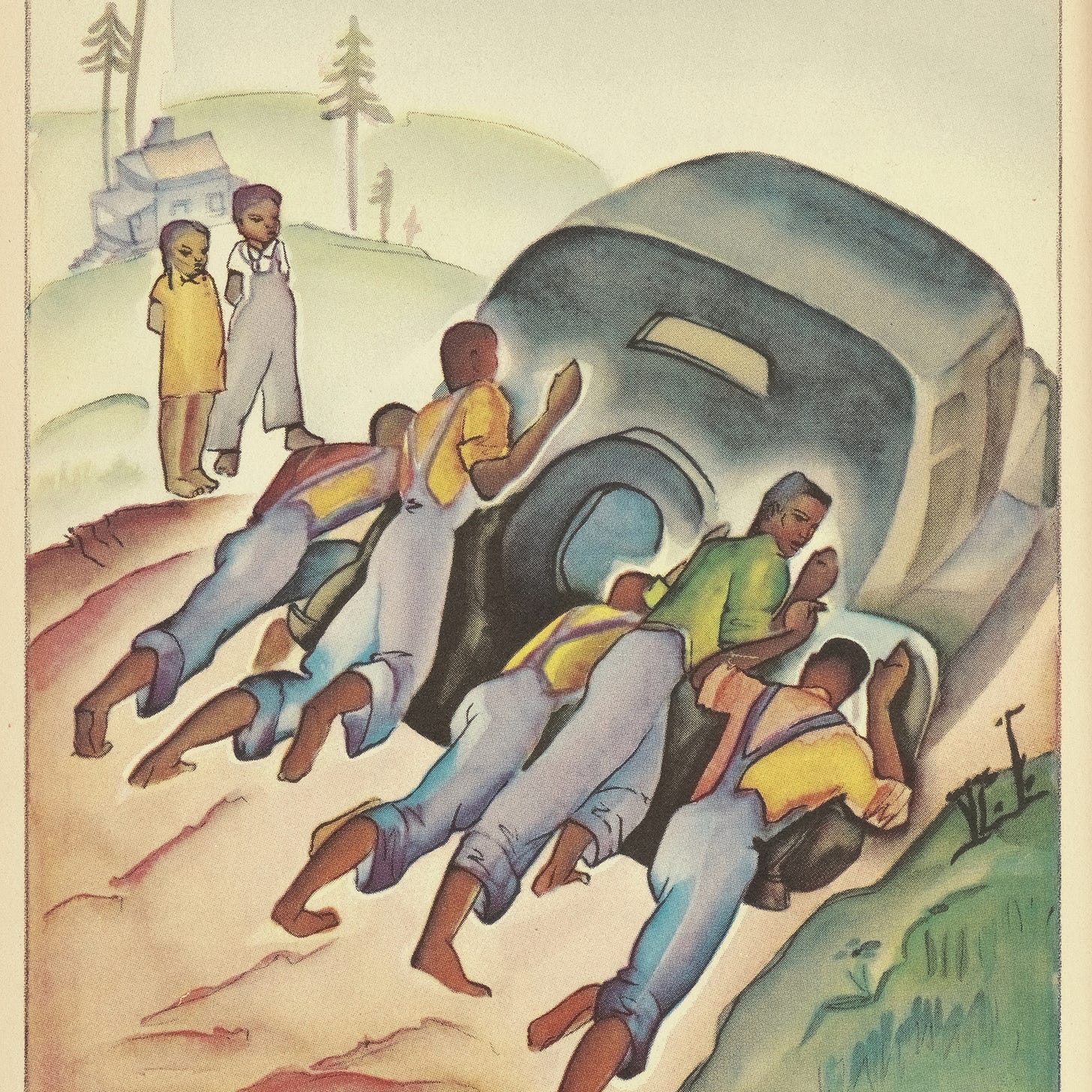Editor’s Note: Tara Isabella Burton is a leading writer of her generation, who has pulled off the increasingly-rare feat of publishing both fiction and non-fiction. She is also the author of the most popular essay on this site: “The Temptation of Peter Thiel.” Today, we are happ…
Substack is the home for great culture





